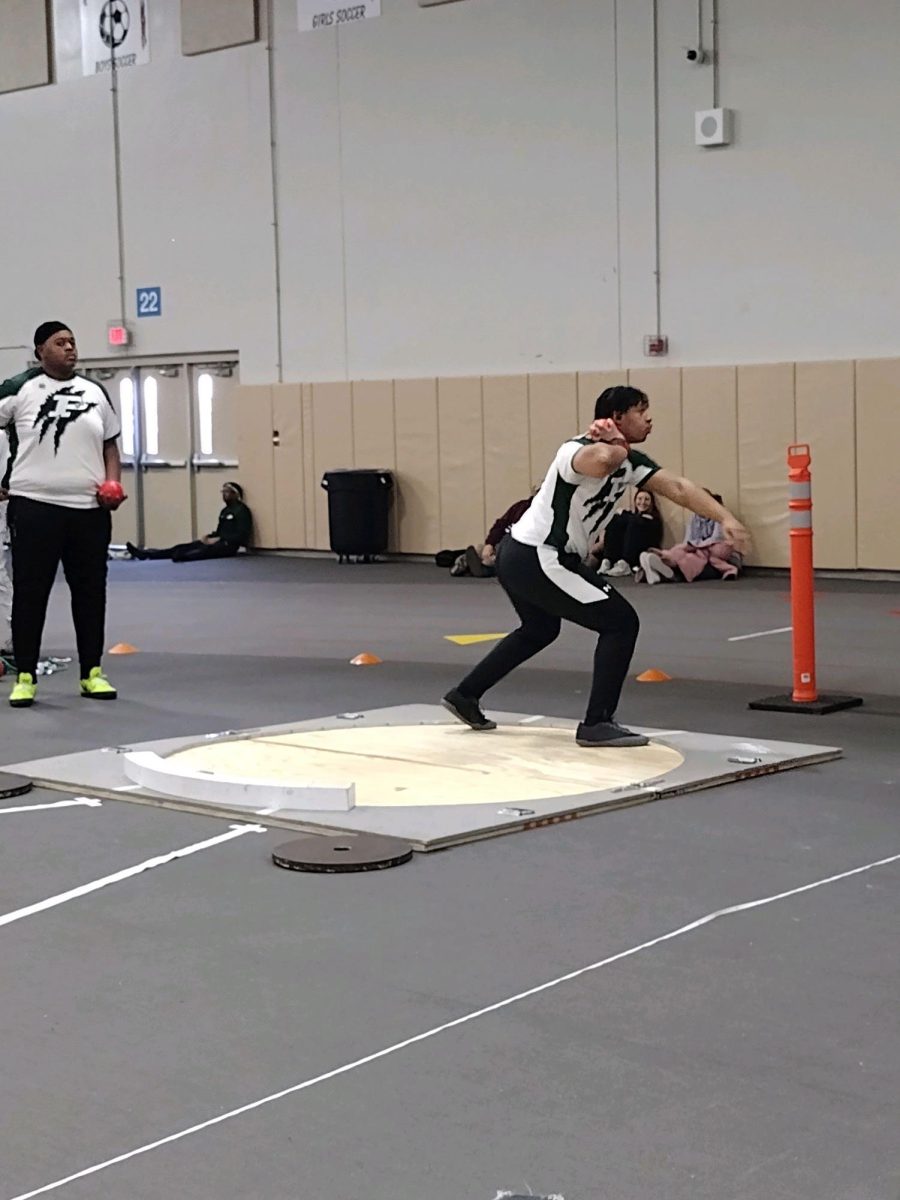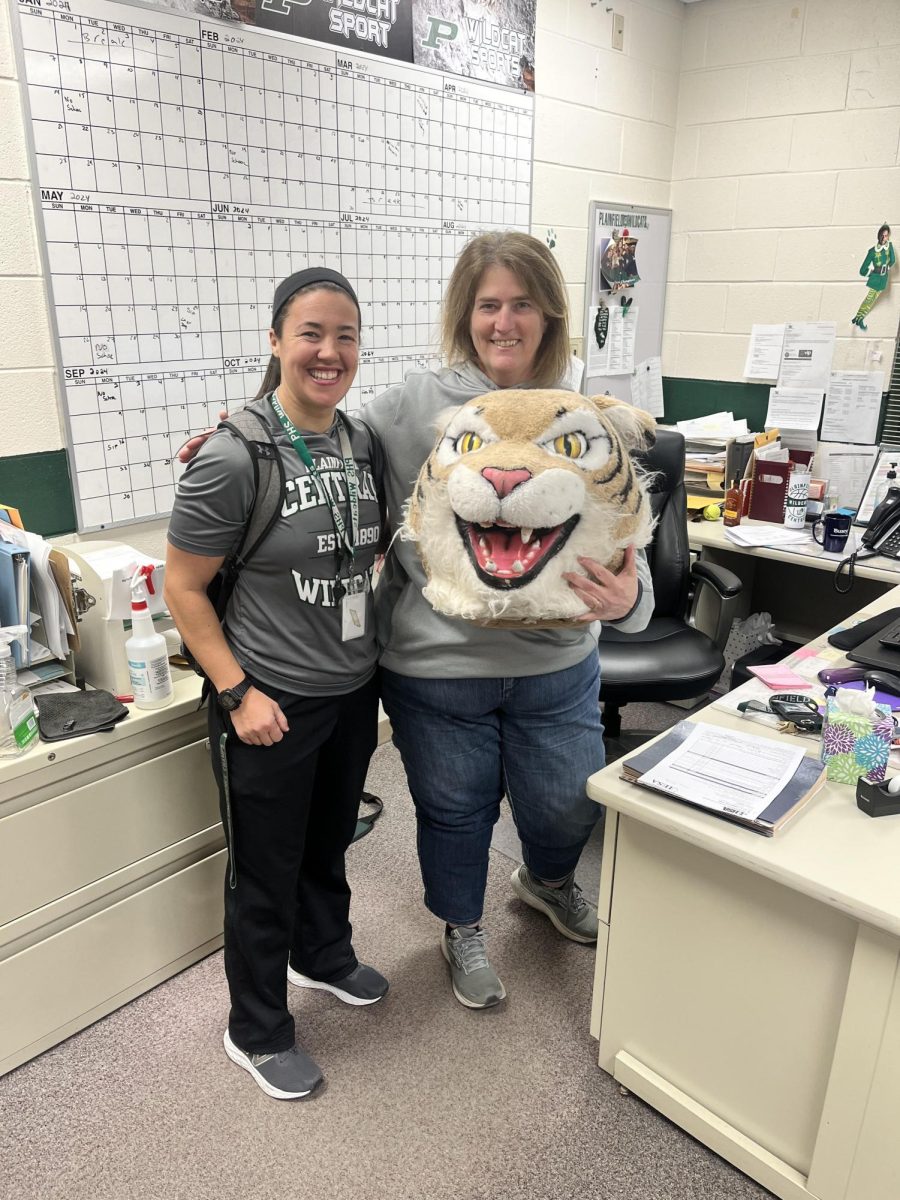
In Journalism classes around the nation, students are expected to write and format many different types of articles, whether that be news writing, feature writing, or opinion writing. Every day, they learn about what makes a good reporter: testing their interviewing skills, peer reviewing, and working with many different types of media, such as Adobe InDesign or Adobe Photoshop in order to craft their school’s newspaper and website.
However, in many curriculums, including Plainfield Central High School’s, Journalism does not count as an English credit for students to add to their transcript to graduate. This fact leads to many students being unable to include Journalism in their schedule due to issues with the amount of classes they can take. But, if Journalism was an English credit, taking the class would allow them to complete all of the requirements as well as take a course that incorporates a more hands-on approach and encourages creative writing.
One student, Sean Dorsey, a Junior at Plainfield Central High School, faced this exact problem.
“Journalism teaches important skills that apply to English as well as specialized skills used in the field. However, I couldn’t experience that firsthand because I had to fulfill my English credits,” Dorsey said.
Dorsey showed disappointment after not being able to take the Journalism 1 class, expressing his preference for it as opposed to his English 3 course.
“Regular English does not challenge me academically and heavily restricts me creatively. Taking journalism at the very least would allow me to express my creativity without taking more academic pressure. It would still fulfill my English credits, and open up possible future career paths for me and any other students in my same situation,” Dorsey said.
Some students even have to take extra classes outside of school to fit Journalism 1 into their schedule.
“I had to attend summer classes to make room in my schedule for Journalism, which felt a little silly considering I wasn’t even sure if I liked the subject yet. It was worth it in the long shot, but I do find it odd that I had to attend extra school just to take a course that’s essentially a second English class,” Holly Winiars, junior and editor for The Fielder, said.
Winiars, as well as many other students and staff, do believe that Journalism is incredibly similar to other English courses.
“Learning different news writing styles and writing about current events is just as in-depth as analyzing old literature,” Winiars said. “We pick apart articles just as English classes do with poetry, and we learn vocabulary as well. The subject matter is a bit different, but the way we go about learning it is essentially the same.”
Journalism incorporates many of the same overall lessons as standard English courses, so many students and teachers alike are confused as to why the class is not included in the four English courses needed to graduate.
“The curriculum for Journalism doesn’t meet the state’s curriculum requirements for mandatory courses of English 1, 2, 3, and 4,” Assistant Principal Jon Puklin said. “Although it may have writing and a lot of the components that you see in your English classes, it’s more centrally focused towards one specific thing.”
However, other nearby schools currently offer journalism as English credit, fitting into the state’s requirements.
“Journalism could fulfill the requirements for sophomore year English credit. Students practice many of the same skills that my sophomore English class does, but in a more real-world application since their work is published,” Renee Nieckula, English and journalism teacher, said. “If anything, I think students would be more prepared for college after taking journalism than they are after taking English II.
In conclusion, many students and teachers have advocated for Journalism being counted as an English credit, and believe that accepting it into the curriculum would most certainly do more good than bad for the school as a whole.












